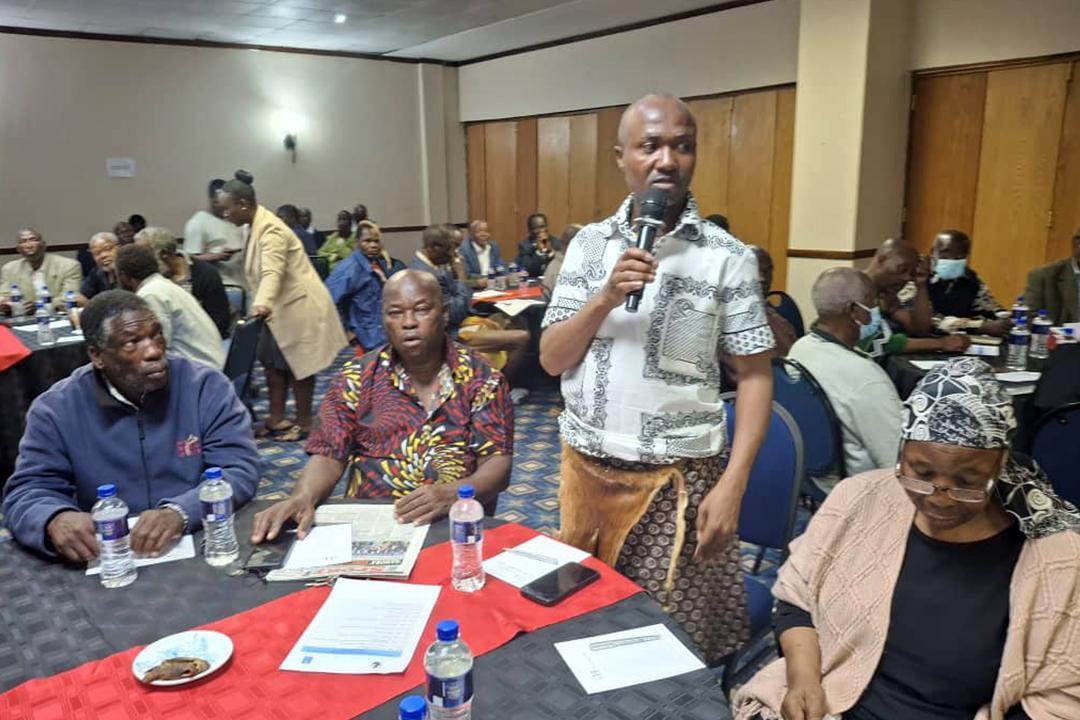Africa-Press – Eswatini. Traditional leaders in the Manzini Region are stepping into a new era of leadership after being encouraged to adopt a human rights–based approach in handling community disputes.
This call came during a workshop hosted yesterday at The George Hotel by the Commission on Human Rights and Public Administration/Integrity, in collaboration with the UNDP and the Ministry of Justice and Constitutional Affairs.
The training brought together chiefs and community leaders with the aim of strengthening traditional structures while ensuring that customs are applied in a way that respects rights and responsibilities.
Commissioner Zwelethu Mnisi highlighted that lessons from previous engagements, especially in the Hhohho Region, showed the importance of leaders working with their communities rather than imposing decisions.
Executive Secretary of the Commission, Phakama Shili, noted that the initiative was a response to the many disputes reported to the Commission. “A significant number of cases involve chiefs and community leaders, and this workshop helps equip them with tools to resolve issues more effectively,” he said.
Senior Human Rights Investigator Nelisiwe Zwane reminded leaders that every right carries a duty. “Knowing your right does not mean acting without boundaries. Rights and responsibilities go hand-in-hand to ensure harmony and fairness,” she explained, using kukhonta as an example where access to land also requires full participation in community duties.
The dialogue also gave chiefs the platform to raise practical issues faced in their communities—from land disputes to burial site conflicts and the care of elderly citizens. Manzini Regional Administrator, Chief Gija, stressed the importance of traditional rulings being respected and enforced in the same manner as civil verdicts.
Adding a legal perspective, Senior Crown Counsel Henry Sibandze from the Attorney General’s Office unpacked provisions of the Swazi Administration Act to guide chiefs in applying the law alongside custom.
The Commission also trained chiefs on writing proper minutes and verdicts to improve transparency and accountability.
The workshop concluded on a hopeful note, with chiefs agreeing that embracing a human rights approach would not only reduce disputes but also strengthen community trust, peace, and cooperation.
For More News And Analysis About Eswatini Follow Africa-Press







